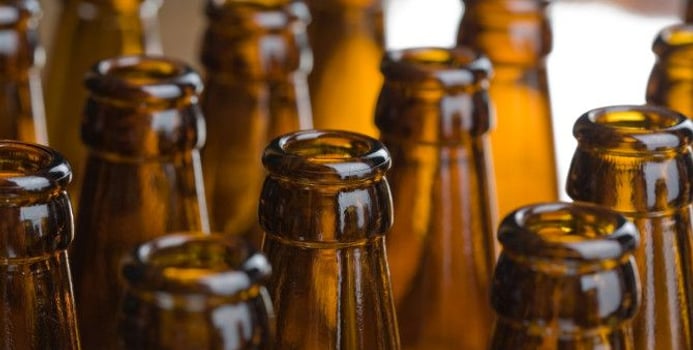There are conflicting views on alcohol use and its role in diet. In fact, it has been a belief that alcohol aids in digestion and could help you lose weight. Truth be known, however, that there are very important reasons why alcohol and dieting do not mix.
1. Gives Extra Calories
There are 7 calories for every gram of alcohol, and each of these calories has absolutely no nutritional value. The body does not utilize these empty calories for vital metabolic processes.
2. Increases Body Fats
Unlike food and beverages, such as fruit juices which are digested in the gastrointestinal tract, alcohol is immediately absorbed by the stomach and small intestine, and delivered to the brain and liver. The liver then converts the alcohol into fats, which end up being permanently stored in the body.
3. Weakens Your Inhibitions
Because alcohol contains only empty calories, it does not give you the feeling of fullness that healthier beverages provide. In addition, because it affects the brain, alcohol loosens your inhibitions and reduces your willpower to resist eating more. This effect of alcohol makes it an excellent aperitif. The more you drink, the hungrier you get, and the greater the tendency to overeat.
4. Induces Thirst
Bars often serve salty foods, such as peanuts, chips and pretzels, together with alcoholic drinks. This is because salt and alcohol induce thirst, making you want to drink more. However, calories from the snacks and the alcoholic drinks only accumulate and will lead to excess pounds.
5. Induces Hunger
If you skip a meal before going to a party or bar, this could be in anticipation of the extra calories you will be getting from the alcohol you will be drinking. An empty stomach, however, will only compound the effects of alcohol and make you eat more. It is advisable to eat a healthy meal before going out to drink. The sensation of satiety will prevent you from overeating later.
6. Causes Excessive Water Depletion
A known diuretic, alcohol induces water loss through increased urination. The voiding of fluids includes the loss of vital minerals, specifically calcium, potassium, magnesium and zinc, which are necessary in maintaining fluid balance. This increased water loss also puts the body at risk of going into a state of dehydration.
7. Triggers Hyperacidity
Alcohol stimulates the increased secretion of acids in the stomach, causing irritation and inflammation of the gastric lining. If you are observing an elimination diet or reduced caloric intake through eating less, alcohol puts you at risk of developing ulcers.
8. Increases Risk of Medical Problems
Numerous medical disorders could develop with excessive alcohol intake. Some of these potentially life-threatening diseases include heart disease, liver disease and kidney damage.
9. Affects Sleep
Sleep seems to have no role in dieting. However, it is while in complete rest at night that the body rids itself of toxins that it has accumulated during the day. Excessive alcohol use can make you restless and your sleep shallower. Unable to reach a state of deep sleep, the body cannot efficiently detoxify.



